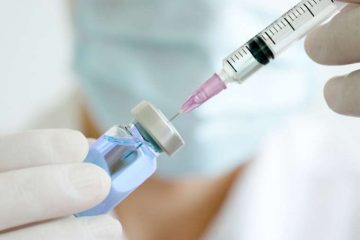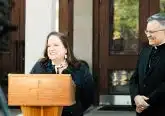UD to offer accelerated healthcare training programs beginning this fall
July 18, 2012
DAYTON, Ohio — As demand for skilled healthcare workers increases, the University of Dayton is launching accelerated healthcare training programs for dental assistants, clinical medical assistants and pharmacy technicians.
The programs begin this fall on Saturday, Sept. 8, at the University’s 1700 South Patterson Building. Programs take between two to five months to complete, and fees are approximately $2,300, which include textbooks, classroom materials, externships and certificates of completion.
Course registration is now open. Learn more and register online at http://www.adultedreg.com/udayton.
“We take great pride in offering this training for the first time to provide access for local adults to affordable training that can lead to sustainable job opportunities in the healthcare industry, said Julie Mitchell, assistant dean of Graduate, Professional and Continuing Education. “It’s estimated that 20 percent of new jobs through 2014 will be in the medical industry, and the majority of these positions will be filled by individuals with four years or less of training.”
The programs are offered through a partnership with Boston Reed, a national education provider. Boston Reed provides all materials, instructors and helps place students in externships upon completion of classroom instruction. Upon completion of the partnership program, many students are immediately eligible for employment and often pursue higher education for nursing or other healthcare careers.
“We are pleased to partner with University of Dayton to offer this high-demand, science-based curriculum for local residents seeking a career change or additional skill set for today’s fast-growing healthcare industry,” said Amanda Thorne, regional vice president of Boston Reed. “Boston Reed commits to offering a high-quality education option for schools that do not have immediate resources or expertise to offer this type of coursework. All courses are taught by seasoned experts including doctors, nurses and pharmacists.”













